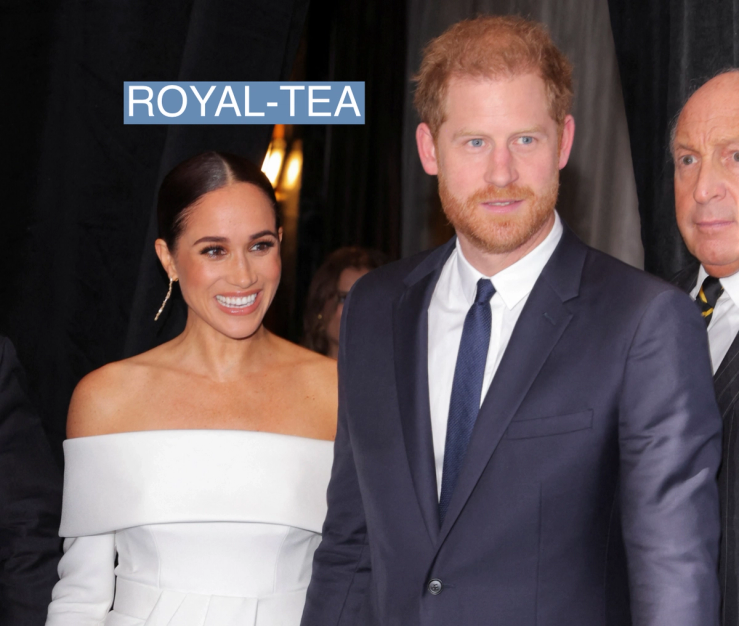The Takeaways
The first three episodes of Harry & Meghan dropped on Netflix on Thursday, detailing how the Duke and Duchess of Sussex met, their respective upbringings, and how the British press impacted their relationship ahead of their 2018 marriage.
Here are five main takeaways we gleamed from the series.

1. The British press made those around Meghan feel unsafe, too.
The constant harassment of Meghan Markle by the British press has been well documented, but the docuseries included stories from friends and families in the United States who recounted their first experiences with the U.K. media.
Longtime friends described how reporters showed up at their homes. Doria Ragland, Meghan’s mother, said she began to feel unsafe as paparazzi hounded her, telling her she could make a lot of money by selling stories to the press.
On the set of Suits, the show Meghan starred in, the production had to bolster security and add a fence around the set over concerns that people would seek out Meghan after her relationship with Harry was made public.
2. The series isn’t afraid to take on the institution of the British Commonwealth.
The show dedicated a few segments to discussing the history of slavery by the British Empire, and the legacy of the Commonwealth, the group of mostly former British colonies. The U.K. monarch is the head of state for 15 Commonwealth members.
“I sometimes call the Commonwealth ‘Empire 2.0,’” British journalist and writer Afua Hirsch says in the series.
“It’s not changed a thing, it’s just got better PR,” writer Kehinde Andrews said.
3. Discussing #MeToo was apparently “taboo” for the royals.
In 2018, at Meghan’s first working royal engagement with Harry, William, and Kate, she said that “with #MeToo and Time’s Up, there’s no better time to shine a light on women feeling empowered and people really helping to support them.”
The series points out that at that time, no one associated with the royals had voiced support for the movements, which were seen as too political and controversial. The moment generated negative press backlash for Meghan, who also received some praise for speaking out.
Meghan says she didn’t know it would be “taboo to talk about. For me it was just topical.” The series touched on other “invented protocols” that Meghan grappled with.
4. Harry acknowledges unconscious bias among the royals.
Harry has spoken in the past about facing his own unconscious racial bias, and said in the documentary that there’s a “huge level of unconscious bias” in the royal family.
“In this family, sometimes you’re part of the problem rather than part of the solution,” he said.
Harry also said some members of the royal family questioned why Meghan should receive special protection from harassment in the British press, because their partners had gone through the same thing.
The series begins with a disclaimer that members of the royal family declined to comment for the series, and that it was filmed before August 2022. Britain’s Queen Elizabeth II died the following month.
5. Harry’s royal upbringing informed how he sees the press now.
Harry recounted being constantly swarmed by the media as a young boy, including being paraded out for photographs while on family vacations, “forced into smiling and answering questions.” He recalled his mother Diana trying her best to protect him and his brother William from paparazzi.
The British press see the royals’ lives and trauma as their story and narrative “to control,” he said.
Now What?
The final three episodes of the series drop on Netflix next Thursday, Dec. 15.

